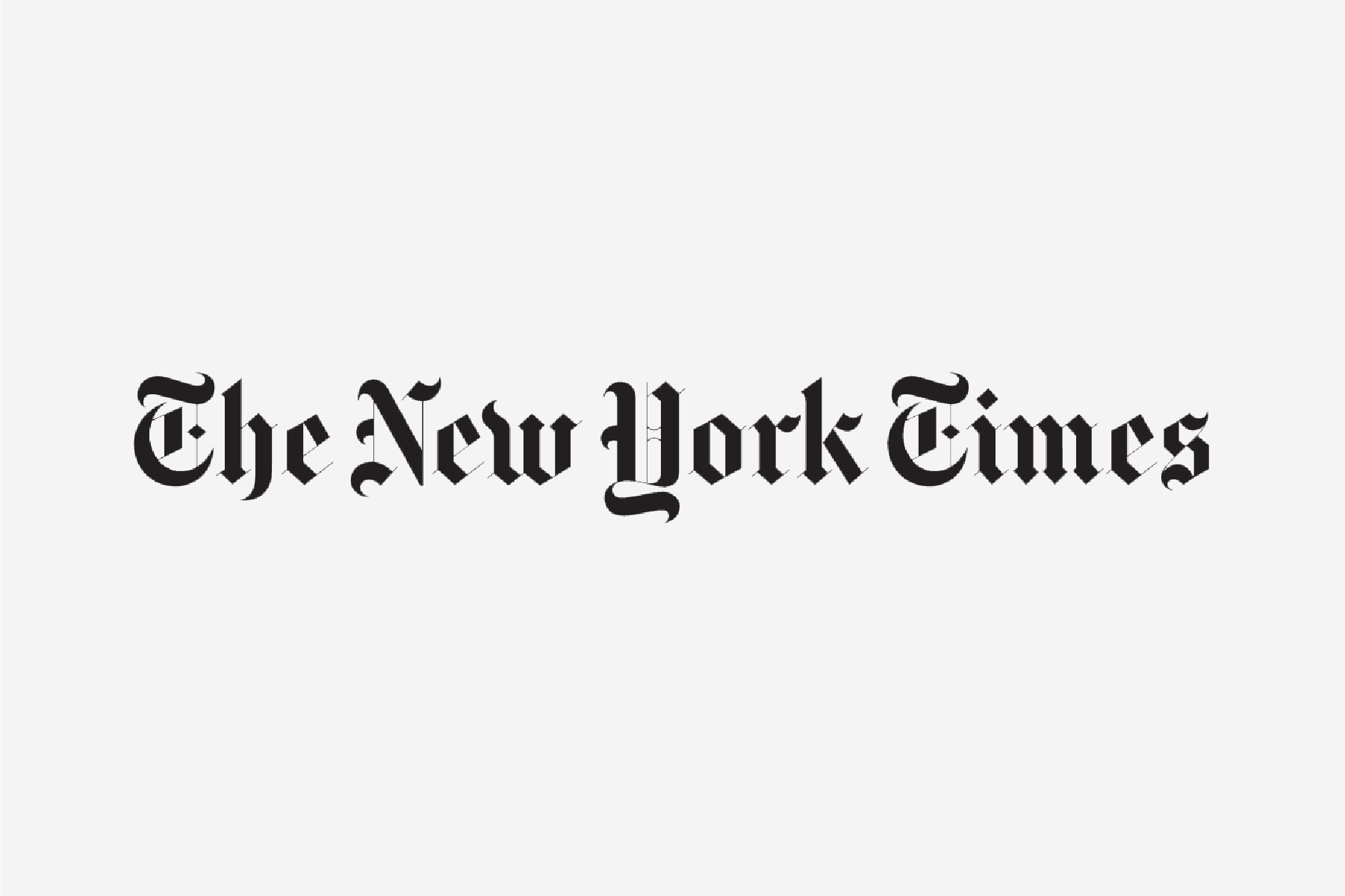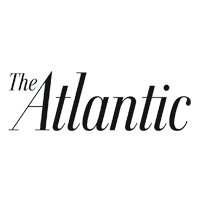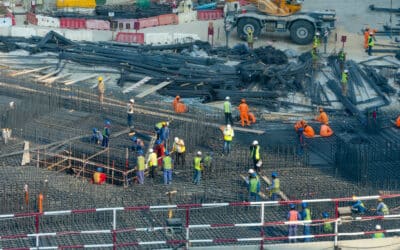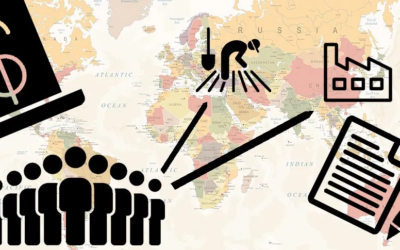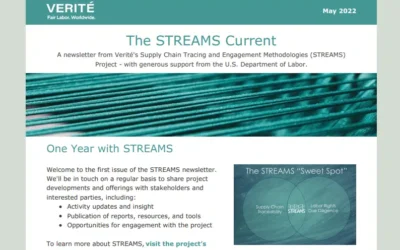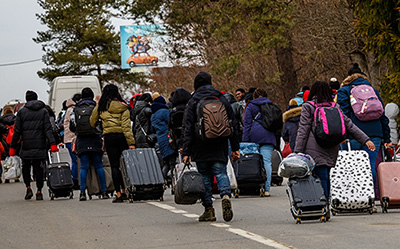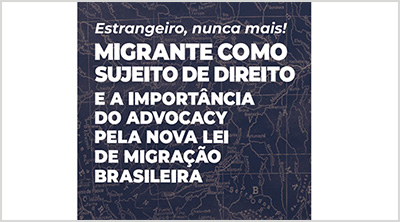Verité in the News
Read coverage of Verité’s work in The New York Times, The Atlantic, The Guardian, The Associated Press, The Los Angeles Times, and more.
How to Conduct Effective Forced Labor Due Diligence at Scale?
Social audits have proven to be ineffective in detecting and preventing debt bonded labor, the most pervasive and entrenched form of forced labor in global supply chains today. While deep dive, focused, worker-centric investigations of the type conducted by Verité and like-minded organizations, are the gold standard to detect and remedy these abuses, it is neither practical nor cost effective for buyers, investors, and other stakeholders to use this approach at every workplace in high-risk countries, sectors, supply chain tiers, or migration corridors.
Reflections on Workers’ Rights to Safe and Decent Conditions
Dhaka Principle 7 – Working conditions are safe and decent – the vital principle to ensure migrant workers enjoy safe and decent conditions of work, free from harassment, any form of intimidation or inhuman treatment. They should receive adequate health and safety provision and training in relevant languages.
Employer Pays Verification
Debt bondage, due to the imposition of recruitment fees and costs on foreign migrant workers, remains the most pervasive and entrenched form of forced labor in global supply chains today. Reimbursement is an important remedy but, on its own, it is not a solution to the underlying root causes of this ongoing labor abuse.
Work Behind Bars
The U.S. prison system has been under increasing scrutiny in recent years for issues such as systematic racism, inhumane conditions, overcrowding, and sexual violence. While these issues are extremely pressing, another important issue, forced prison labor, is often overlooked. Therefore, as a labor rights organization, Verité determined that we could most effectively contribute to the critique of the U.S. prison system by lending an international human rights lens to the conversation on prison labor.
The STREAMS Current
A newsletter from Verité's Supply Chain Tracing and Engagement Methodologies (STREAMS) Open Newsletter May 2022
What We’re Talking About in March
Working to End Forced Labor for Cotton Workers in Central Asia | New report on forced labor goods and Department of Defense (DOD) commissaries and exchanges | Commission sets out strategy to promote decent work worldwide | More than 2 billion workers make up the informal economy
Responding to Refugee Vulnerability to Trafficking: Ukraine and Beyond
The political and humanitarian crises in Ukraine are reshaping the landscape for supply chain accountability throughout the broader region. More than 4 million refugees have fled Ukraine into neighboring countries, according to the UN. Prior to the Ukraine crisis, the numbers of internally displaced people and refugees globally were already at record highs, with more than 26 million Syrians, Central Americans, Venezuelans, South Sudanese, Rohingya, and others living as refugees abroad, and more than 84 million people around the world forcibly displaced in the first half of 2021.
World Vision y su Rol para Mejorar la Vida de Las y Los Trabajadores
La tierra sigue siendo un lugar muy injusto para muchos. No es ninguna novedad que hay millones de personas viviendo en condiciones vulnerables, sin posibilidad de cubrir sus necesidades básicas o lograr su pleno desarrollo. Las brechas de desigualdad se han vuelto cada vez más difíciles de cerrar, pero un mundo así no debe ni puede continuar. Todas las personas merecen una oportunidad y, para ello, se necesita una transformación humana que mejore las condiciones de vida.
_______________________________________
World Vision and Its Role in Improving Workers’ Lives:
Our planet is still a very unfair place for many. It is no news that there are millions of people living in vulnerable conditions, unable to meet their basic needs or achieve their full development. Inequality gaps have become difficult to close, but such a world should not and cannot continue. Everyone deserves a chance, and this requires a human transformation to improve living conditions.
New Publications by Verité Program Manager Ebenézer Marcelo Marques de Oliveira
We’re very proud to share that Verité Program Manager Ebenézer Marcelo Marques de Oliveira has co-authored the book in Portuguese, “Estrangeiro, Nunca Mais! Migrante como sujeito de direito e a importância do advocacy pela nova lei de migração...







